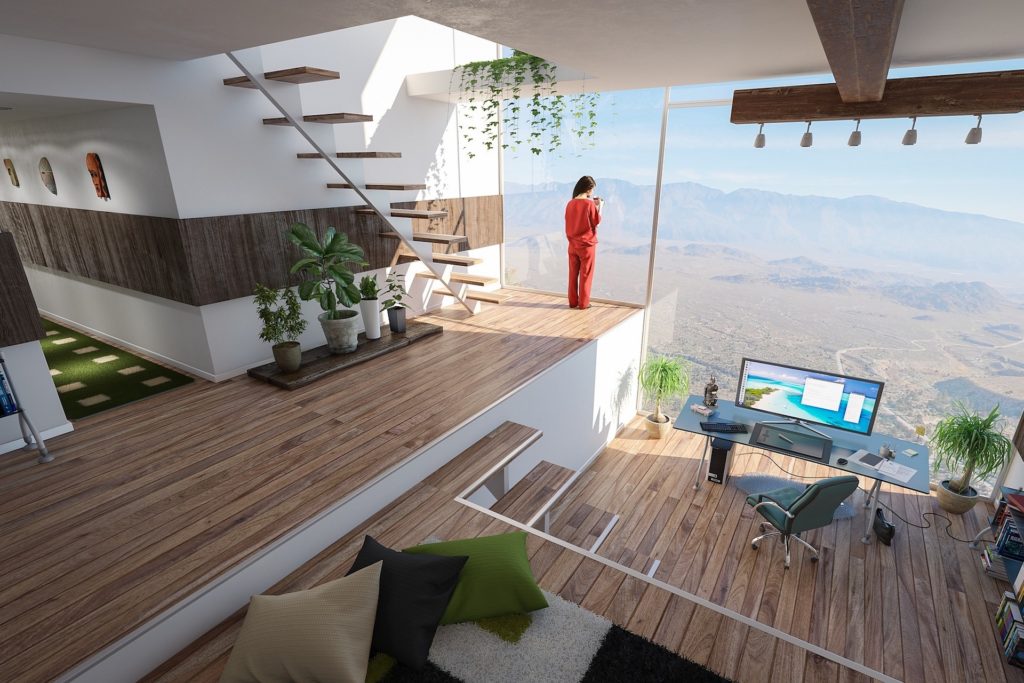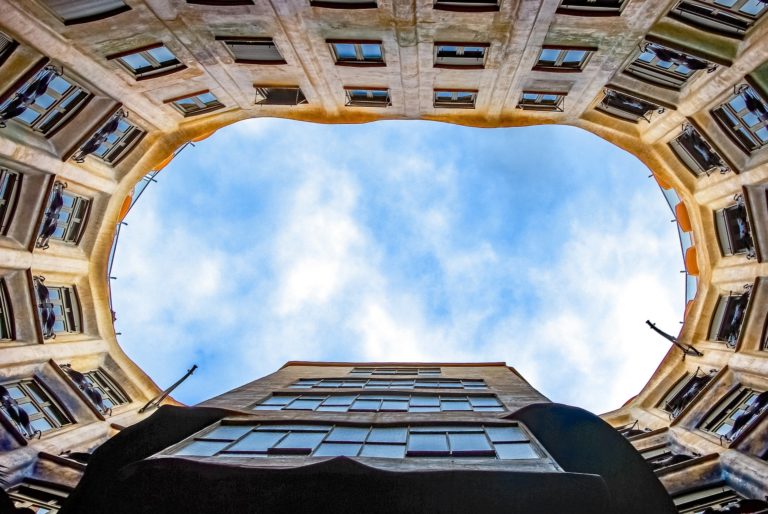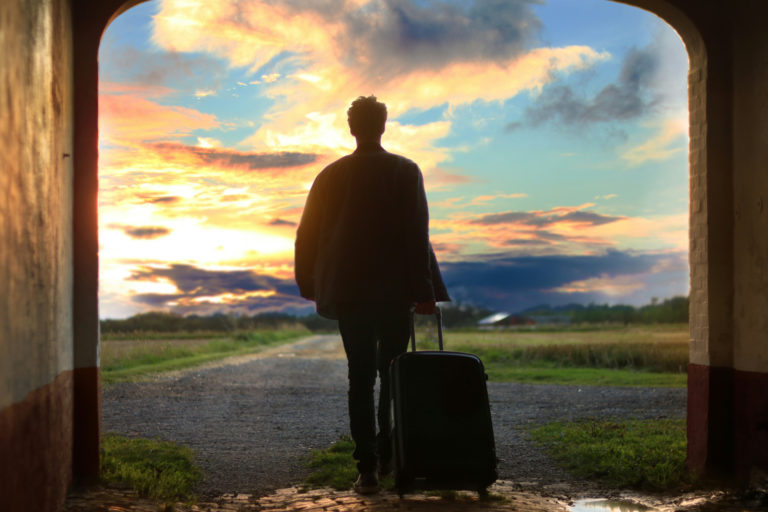
After the harsh economic impact of the pandemic, resort-related real estate development management has had to adapt quickly to new customer demands and market changes. These circumstances are compounded by concerns about the conflict between Russia and Ukraine and its effect on Europe. However, analysts are optimistic because they estimate that there is plenty of capital for new developments and, according to forecasts by BNP Paribas Real Estate, they are predicting global investment of more than €15 billion in 2022, i.e. 36% more than in 2021.
More flexible than ever, the industry has found new opportunities to design profitable products such as Branded Residences and, at the same time, offer a wide range of services that respond to people’s new ways of traveling and working. According to data from the most recent ITB Berlin International Tourism Fair, in 2022 the tourism sector will enjoy 36% more turnover than in 2021, but full recovery will fall around 2024. Called upon to meet the demands of both guests and owners, residential tourism must cater to both segments and offer residential property development that responds to today’s major challenges.
1. The rise of Workaction
The term Workaction, coined by Google CEO Sundar Pichai, refers to out-of-office work periods: company-sanctioned remote work, which, in the case of the IT giant, translates into four weeks a year per employee. Particularities aside, it seems evident that remote work is here to stay. We refer not only to business travel, but to a much broader concept that encompasses people who travel with their partner or family in search of comfort, tranquility and first-class services so they can combine their working days with quality time for rest and leisure. These professionals seek neither adventure tourism nor standard accommodations. Rather, they expect premium quality, fully equipped villas or apartments within a resort with access to facilities like golf courses, swimming pools, restaurants and tennis courts.
2. 100% technological solutions
Implementing the latest technological offers like artificial intelligence (AI) or domotics is key to conquering customers in the 21st Century. Several studies confirm that travelers pay attention to personalized recommendations based on AI and that 21% of tourists in Germany, the US and the UK expect to find smart devices in their accommodations (e.g., facial or voice recognition) and, of course, to do everything from their cell phones: reservations, searches for information, 24-hour customer service, virtual tours, audio guides, etc. They want a complete circuit within the purchasing channel that offers inspiration, contract signing and purchase. Once they arrive at their destination, they want to enjoy their experience with the autonomy and ease provided by new technologies.
3. New real estate products
By offering residential units to individuals, the real estate development of a resort can secure the money needed to complete the construction of its project. Under this new business model, the owner can use his home as a second residence and leave it available for guests who require it during the holiday season. In this product, called Branded Residences, a prestigious hotel brand is responsible for managing tourism services and ensuring continuous occupation of the hotel assets without neglecting the high quality standards expected of a luxury resort.
4. Sustainability as a transversal concept
High energy costs make it necessary for everyone to rethink energy efficiency in building, but this is a particular concern for real estate development companies linked to the hotel and tourism sector. Resort facilities, including residential units, must ensure energy efficiency in order to reduce consumption and ensure self-sufficiency. In addition, they must seek ways to offset emissions through active participation in environmental initiatives. Guests and owners value these sustainability measures and expect increasingly innovative ideas in operations, for example, by offering eco-friendly amenities, healthy environments, local ingredients and reducing plastic use. These factors add up when making a purchasing decision.
5. Last-minute travel planning
Another behavior on the rise is last-minute holiday planning. Before 2020, it took a European an average of three months to buy a package holiday, but this average is getting shorter and shorter, even down to four weeks. The “carpe diem” mentality popularized during the pandemic has translated into significantly more impulse buying, driven by a need to shake up one’s routine throughout the year, and facilitated by the ease of grabbing your computer and telecommuting. Faced with this scenario, digital marketing actions are crucial for ensuring conversions, and communication strategies must be increasingly agile, effective and empathetic.
Because modern real estate development management can’t afford to be oblivious to major social transformations, a property developer working in the field of resorts must react quickly to customer demands and prove the importance of trends when seeking investors.



